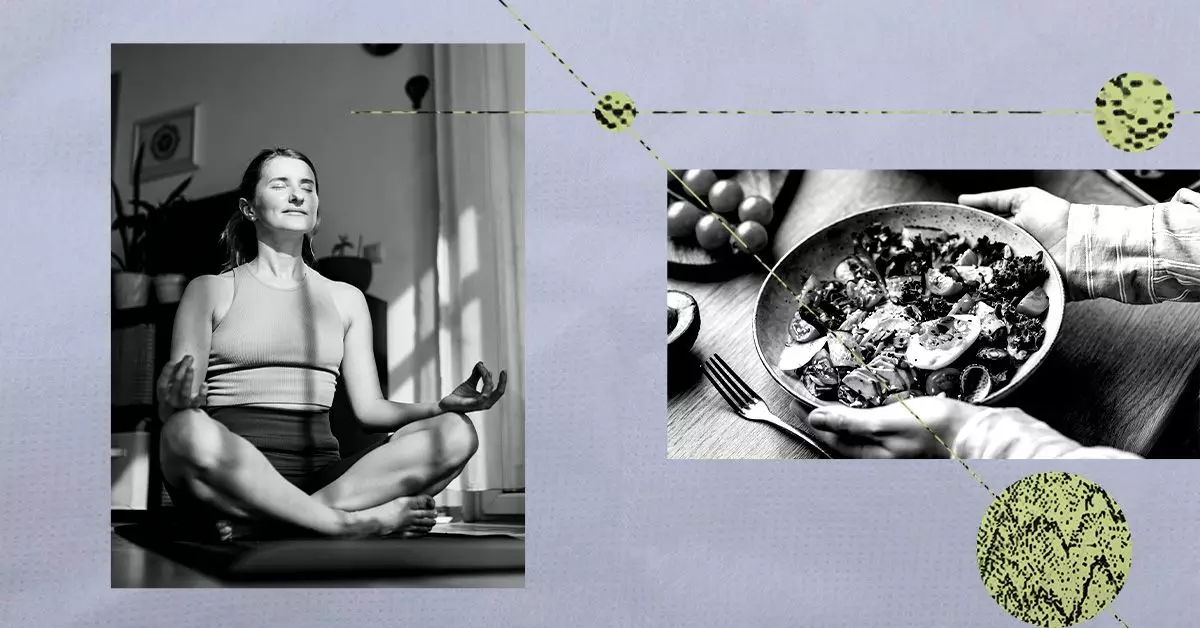Chronic Lymphocytic Leukemia (CLL) is a type of cancer that affects the blood and bone marrow, leading to various complications, one of the most distressing being fatigue. This article explores the nuances of fatigue associated with CLL, its causes, how it differs from regular tiredness, and effective management strategies for those grappling with this condition.
Fatigue among those with CLL is notably different from ordinary tiredness experienced by healthy individuals. While general fatigue can be alleviated through rest and relaxation—rebounding after a strenuous workout or a long day—a person with CLL may remain perpetually drained despite having ample sleep. Many patients report waking up feeling just as exhausted as when they went to bed, a phenomenon indicative of cancer-related fatigue. This overwhelming sense of tiredness persists throughout the day and can be coupled with feelings of weakness and lethargy, making even the simplest tasks feel monumental.
The underlying reasons for this relentless fatigue are complex and multifaceted. One leading cause is anemia, a condition marked by low red blood cell counts, resulting in insufficient oxygen delivery throughout the body. This lack of oxygen can trigger feelings of fatigue and breathlessness. Additionally, systemic inflammation associated with CLL can exacerbate fatigue levels. The immune response mounts a defense against the cancer, often leading to the production of cytokines—proteins that regulate immune activity. Unfortunately, while intended to help, these cytokines can also increase feelings of tiredness.
Several factors exacerbate fatigue in individuals diagnosed with CLL. Treatment for this form of leukemia, particularly chemotherapy, often comprises side effects such as profound tiredness. Beyond direct effects from the disease and its treatment, lifestyle factors—including diet, hydration, and mental health—also play significant roles. Many patients experience nutritional deficiencies that can intensify feelings of fatigue, such as deficiencies in iron or other vital nutrients. Furthermore, comorbid conditions such as sleep disorders, chronic pain, or psychological distress can compound fatigue, creating a challenging cycle for those affected.
Managing fatigue requires a holistic consideration of both physical and emotional well-being. Understanding that each patient’s experience is unique is crucial, and approaches that work for one may not resonate with another.
Given the complexity of fatigue in CLL, patients can employ various strategies to help alleviate its effects. Regular physical activity is one highly recommended approach. Engaging in gentle exercises like walking or yoga can enhance energy levels and improve mood. Patients should consult their healthcare teams before commencing a new exercise routine to tailor activities to their individual energy levels and capabilities.
Furthermore, diet plays a pivotal role in managing fatigue. Studies have shown that a balanced diet rich in fruits, vegetables, whole grains, and lean proteins can bolster energy levels. Anti-inflammatory foods, in particular, may be beneficial during treatment periods. Sustaining a nutritious diet may take an initial adjustment, but over time, it can lead to significantly improved outcomes in terms of energy and overall health.
Scheduling rest periods throughout the day can also be advantageous. By strategically planning tasks and integrating breaks, individuals with CLL can maximize their productivity without overstressing their energy reserves.
Dehydration is another contributing factor in fatigue management. Patients should aim to maintain sufficient hydration—carrying water bottles and incorporating flavor-enhancing elements like citrus fruits can make this more enjoyable and lead to higher water intake.
In addition to physical strategies, psychological and emotional support is equally essential. Relaxation techniques such as progressive muscle relaxation and mindfulness exercises may improve fatigue levels and enhance overall well-being. By reducing stress, individuals can promote better sleep quality and improve their mood, which can positively influence energy levels.
It’s vital for patients to maintain open communication with healthcare professionals regarding their fatigue and any concerns surrounding it. Since fatigue can stem from various causes—like anemia or nutritional deficiencies—medical support is critical. Doctors can conduct blood tests to identify deficiencies and provide treatments tailored to the individual’s specific needs.
While CLL-related fatigue presents unique challenges, understanding its causes and implementing personalized management strategies can enhance quality of life. With the right support, individuals can navigate their journey with CLL more effectively, reclaiming some of the energy and vitality this condition threatens to rob them of.

